10 Captivating Period Drama Movies To Watch if You Love HBO’s ‘The Gilded Age’

The Gilded Age is among the latest series that capitalizes on the widespread love for period dramas. The series follows the conflict between families that represent “old” and “new” New York City money at the turn of the century. This series mainly focuses on the Russells, a new-money family who made their money on the railroads, and their neighbors, the van Rhijns, an old-money family who are always one misstep away from financial ruin.
There are period dramas that explore themes that The Gilded Age does. Since this is an often romanticized time period in history, it makes sense that some stories would lean into highlighting the glitz and glamour available to the wealthy. There are also movies that explore the systemic challenges that were faced by anyone outside this economic class throughout history. The best movies like The Gilded Age highlight the fact that periods of massive social change have always impacted families and individuals.
The Gilded Age
- Release Date
-
January 24, 2022
- Network
-
HBO Max
-

-

Morgan Spector
George Russell
10
‘Belle’ (2013)
Directed by Amma Asante
Belle is a British period drama that was inspired by the 1779 portrait of Dido Elizabeth Belle (Gugu Mbatha-Raw). Although very little is known about Dido’s life, the series follows her relationship with an aspiring lawyer, John (Sam Reid). Specifically, the movie is set against the backdrop of a landmark British court case that is seen to contribute to the British Abolition of Slave Trade Act of 1807. Dido is in a unique position, since she’s from a wealthy background but is also discriminated against because of her race.
For fans of the nuanced portrayals of class in The Gilded Age, Belle also navigates how race, gender, and lineage complicate a young woman’s place in aristocratic society. The Gilded Age introduces Peggy Scott’s (Denée Benton) story as a Black writer in 19th-century New York, and Belle confronts issues of race and belonging through Dido’s experience as a mixed-race woman. Dido Elizabeth Belle, like Marian Brook or Peggy Scott, is a young woman navigating an elite society that doesn’t fully accept her, which makes her easy to root for.
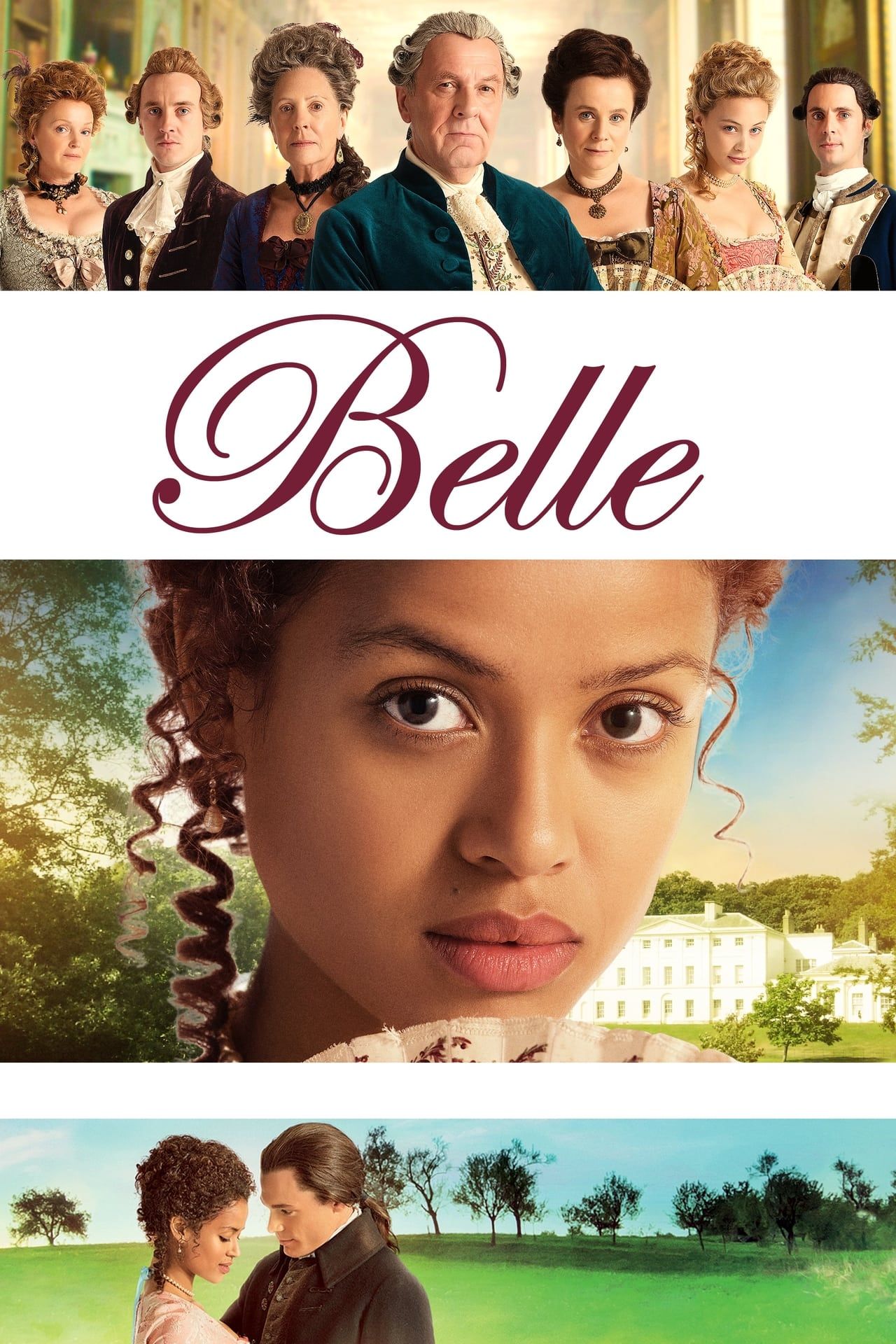
Belle
- Release Date
-
May 1, 2013
- Runtime
-
105 Minutes
9
‘Downton Abbey’ (2019)
Directed by Michael Engler
Downton Abbey‘s first movie is a unique sequel to the landmark period drama. The movie follows the Crawley family after they find out they’re going to host a royal visit when the royal family is on a tour. The Crawleys are put to the test as they navigate the fact that they are at a crossroads when it comes to what to do with their estate. Downton Abbey is the first of three movies following the TV series, and serves as the beginning of the end of these characters’ stories.
Since the original series was created by Julian Fellowes, and he wrote the script for Downton Abbey, it makes sense that any fans of The Gilded Age would find much to love in this movie. Like the original series, Downton Abbey‘s movie highlights how ordinary families had to navigate times of massive social change. The Gilded Age and Downton Abbey also highlight how institutions, like the British monarchy, had to evolve if they wanted to survive.
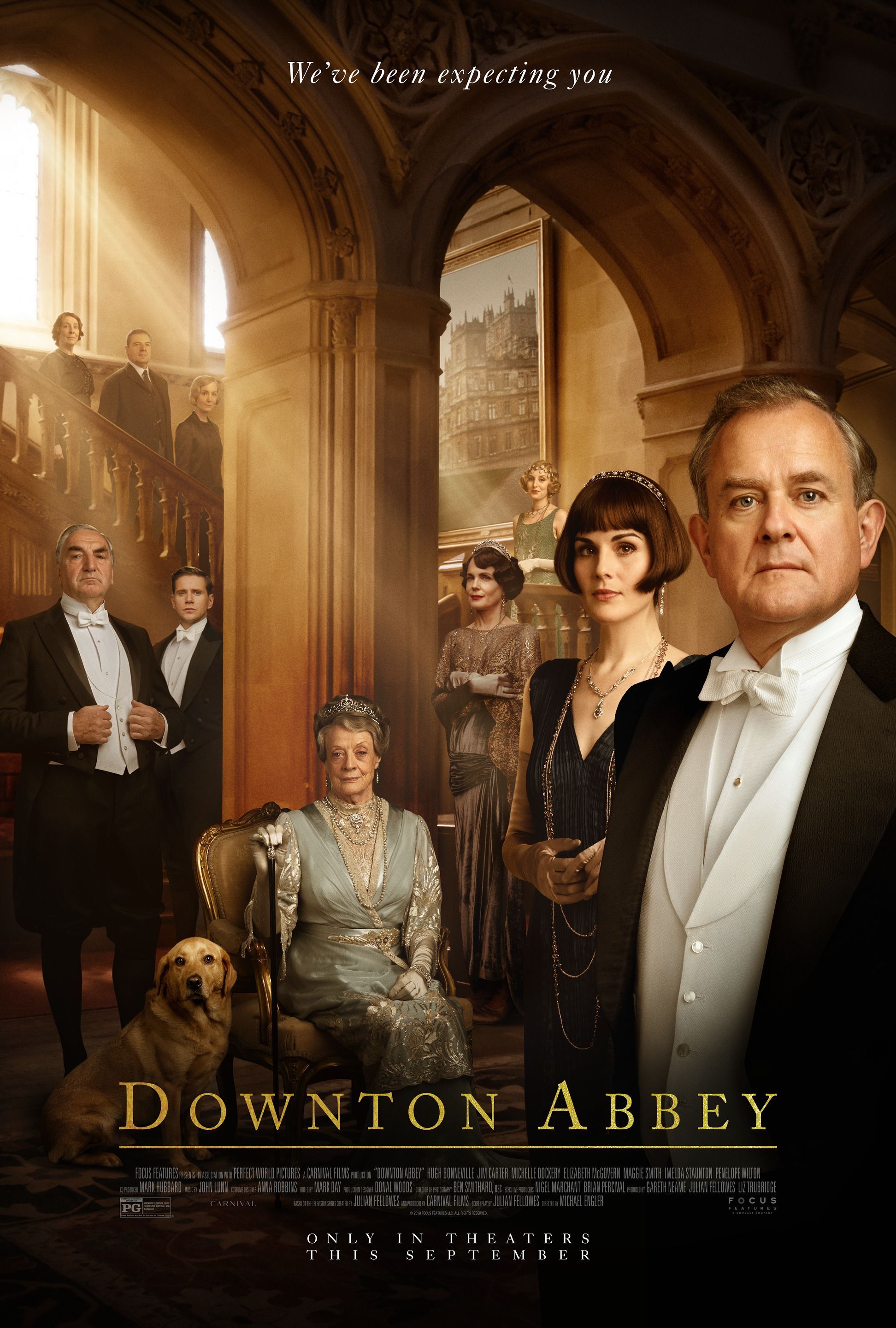
Downton Abbey
- Release Date
-
September 12, 2019
- Runtime
-
122 minutes
8
‘Little Women’ (1994)
Directed by Gillian Armstrong
Little Women is one of several adaptations of Louisa May Alcott‘s novel of the same name. Like the novel, this movie introduces Meg (Trini Alvarado), Jo (Winona Ryder), Beth (Claire Danes), and Amy (Kirsten Dunst) March, four sisters living in Massachusetts during the American Civil War. Little Women is a coming-of-age story that follows the March sisters as they each navigate love, ambition, hardship, and self-discovery.
While Little Women takes place before The Gilded Age, the movie explores similar themes to the series, including the challenges women face in patriarchal societies. Both Little Women and The Gilded Age introduce complex female characters who are limited by the societies of their time. Fans of The Gilded Age who appreciate Peggy’s ambition as a journalist will also find Jo easy to root for as she pursues a writing career. Both women use their voices to carve out space in a world that’s not made for them.
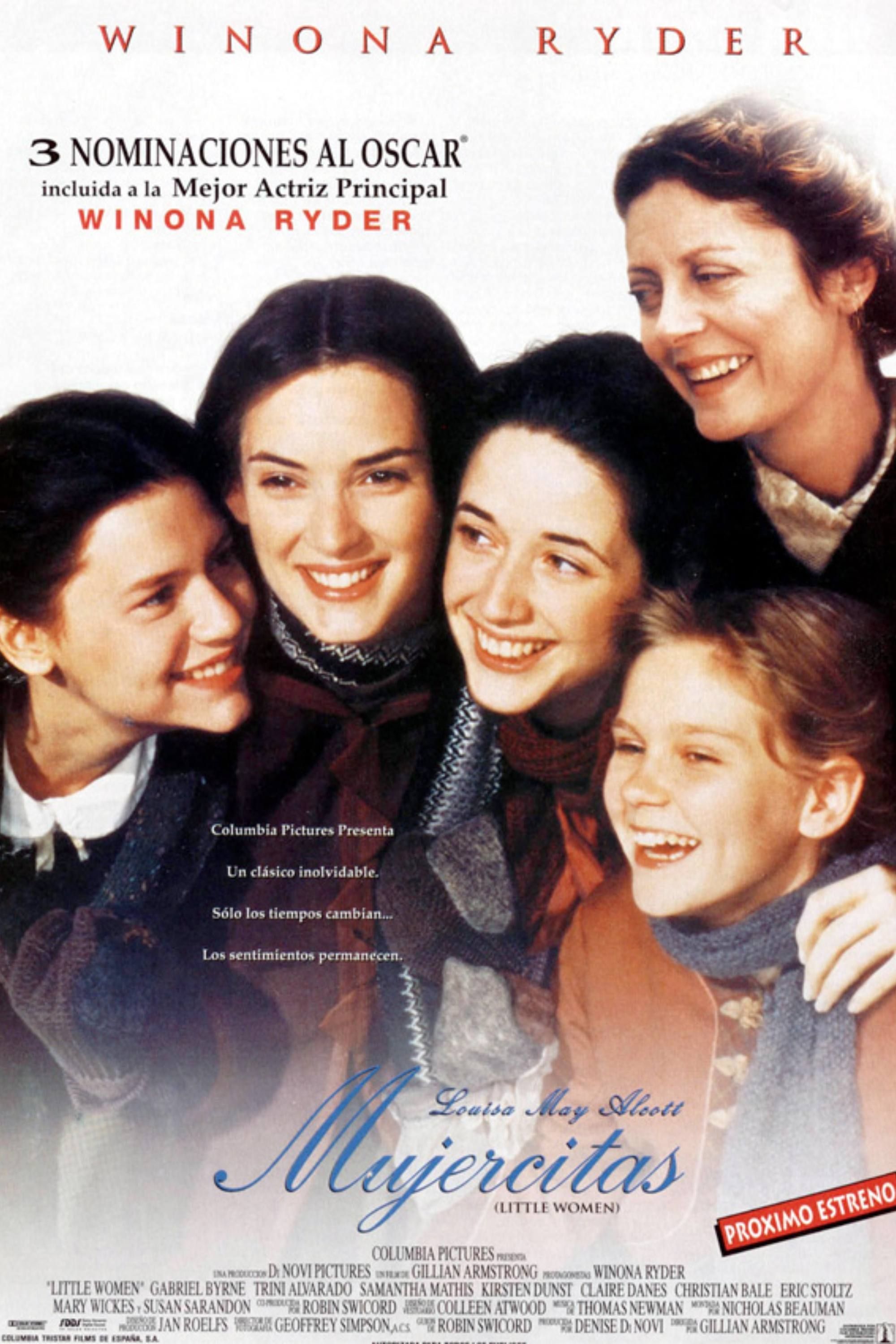
Little Women
- Release Date
-
December 21, 1994
- Runtime
-
115 minutes
7
‘Colette’ (2018)
Directed by Wash Westmoreland
Colette is the true story of Sidonie-Gabrielle Colette (Keira Knightley), a young woman from rural France who has an affair with a man known as Willy (Dominic West). The movie follows Colette’s journey from a young country girl to a groundbreaking writer, initially publishing bestselling novels under Willy’s name. Throughout her life, Colette challenges social norms around gender and sexuality, and fights to be recognized as an author in her own right.
Colette is another example of a story that, like The Gilded Age, showcases the challenges women have faced throughout history. These stories both present characters who challenge the expectations and rigid rules of their time in an effort to be their most authentic selves. Fans of Bertha’s (Carrie Coon) social climbing or Marian’s (Louisa Jacobson) quiet rebellion will appreciate Colette’s evolution from submissive wife to cultural icon.
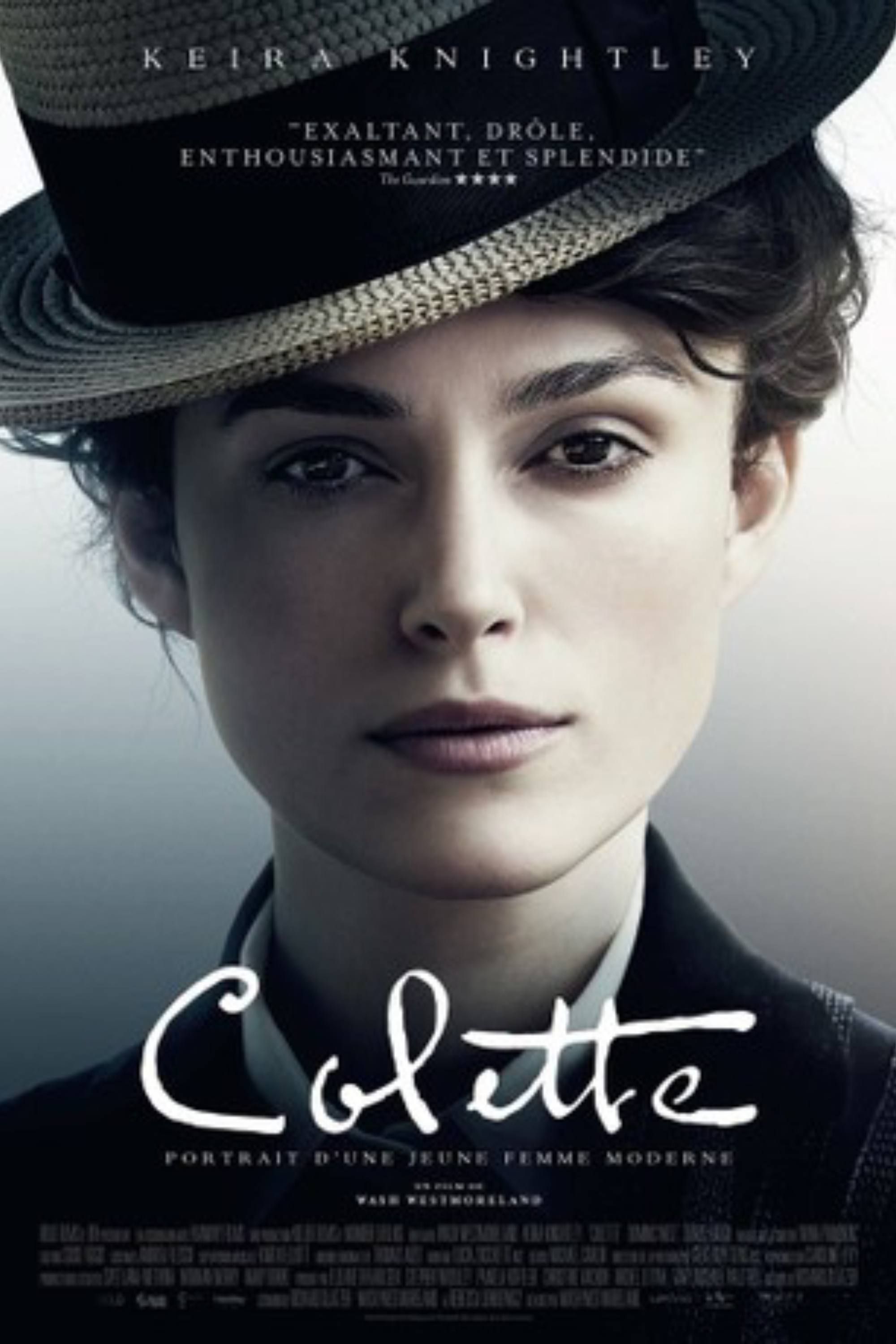
Colette
- Release Date
-
September 21, 2018
- Runtime
-
112 Minutes
6
‘The Age of Innocence’ (1993)
Directed by Martin Scorsese
The Age of Innocence is a romantic drama that introduces Newland Archer (Daniel Day-Lewis), a wealthy New York society attorney who finds himself in a position to pursue one of two women romantically. May Welland (Winona Ryder) is the more conventional choice. However, Archer finds himself intrigued by Countess Ellen Olenska (Michelle Pfeiffer), who is considered scandalous after divorcing her husband after a disastrous marriage.
For fans of The Gilded Age who appreciate the forbidden love that often feels so out of reach for characters like Gladys (Taissa Farmiga), The Age of Innocence delves into these relationships on a deeper level. Both stories critique the hypocrisy and power games of high society. While The Gilded Age explores new money challenging old norms, The Age of Innocence shows how tightly those old norms controlled emotions, reputation, and ambition, especially for women.
5
‘Hester Street’ (1975)
Directed by Joan Micklin Silver
Hester Street is a comedy-drama that follows a group of Jewish immigrants to New York City who live in Manhattan. The story specifically centers on Yankel (Steven Keats), who’s new to the United States and quickly assimilates. He immediately changes his name to Jake, and is eager to embrace American culture. He has an affair with a dancer, and treats his family terribly when they eventually get to America themselves.
Like The Gilded Age, Hester Street offers a unique perspective on the history of New York City. While The Gilded Age focuses on the upper-class families living in Fifth Avenue mansions, Hester Street shows tenement life, sweatshops, and the immigrant struggle playing out only a few miles away. Watching The Gilded Age and Hester Street back-to-back is a jarring experience, and is a reminder that even though these stories take place so close physically, these characters may as well live on different planets entirely.
4
‘Hello, Dolly!’ (1969)
Directed by Gene Kelly
Hello, Dolly! is a musical and romantic comedy that follows Dolly Levi (Barbra Streisand), who makes her way to Yonkers, New York to find a match for the wealthy Horace Vandergelder (Walter Matthau). Ambrose Kemper (Danny Lockin), a young artist, wants to marry Horace’s niece Ermengarde (Joyce Ames). Dolly ultimately ends up setting several couples up romantically by orchestrating a series of grand entrances, fun musical numbers, and romantic gestures.
Both Hello, Dolly! and The Gilded Age take place in the same place at the same time. Their tones could not be more different, however. For fans of The Gilded Age looking for a more romanticized look at this time period, Hello, Dolly! fits the bill. Hello, Dolly! represents the vision that many people have of the Gilded Age, while The Gilded Age is often a decidedly unromantic look at this era of American history.
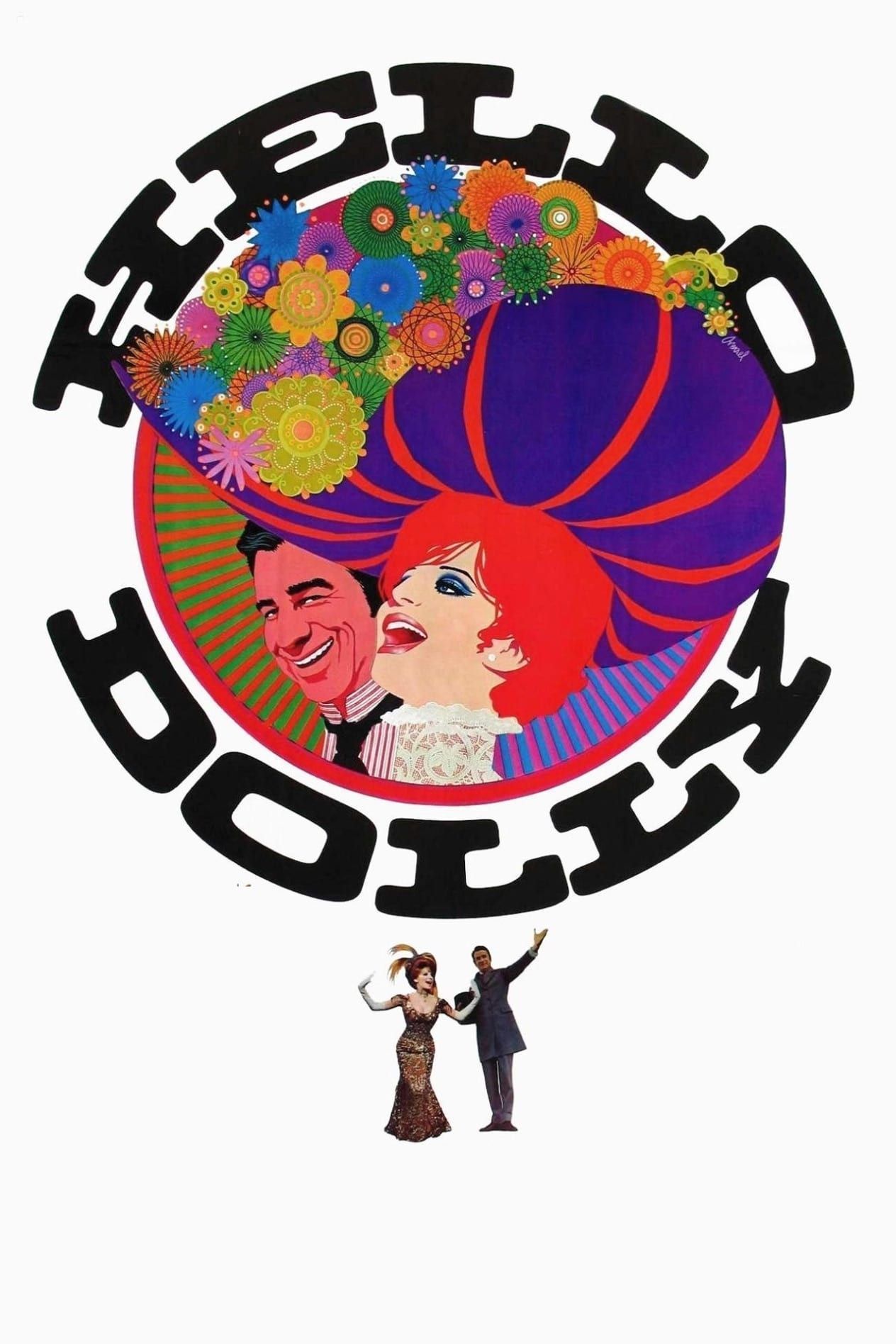
Hello, Dolly!
- Release Date
-
December 16, 1969
- Runtime
-
146 Minutes
-

Barbra Streisand
Dolly Levi
-

Walter Matthau
Horace Vandergelder
-

Michael Crawford
Cornelius Hackl
-

Marianne McAndrew
Irene Molloy
3
‘Ragtime’ (1981)
Directed by Miloš Forman
Ragtime is based on the novel of the same name by E.L. Doctorow, and follows wealthy white elites, struggling immigrants, and Black Americans who collide amid the social upheaval of the era. The movie introduces Coalhouse Walker Jr. (Howard Rollins), a proud and talented Black pianist whose quest for justice after a racist attack escalates into a tragic standoff with authorities. Ragtime is a meditation on what it means to be a country at a crossroads, and asks if the idea of the American Dream applies to everyone.
Ragtime expands on themes introduced in The Gilded Age, including race, class, and power at this time in America. For fans of The Gilded Age who want more stories about people who were also in New York but who weren’t living in the nice Fifth Avenue mansions, Ragtime features them. These are both existential stories that don’t shy away from asking difficult and uncomfortable questions. The Gilded Age and Ragtime prompt viewers to think critically about whom the American Dream applies to, and whether it exists at all.
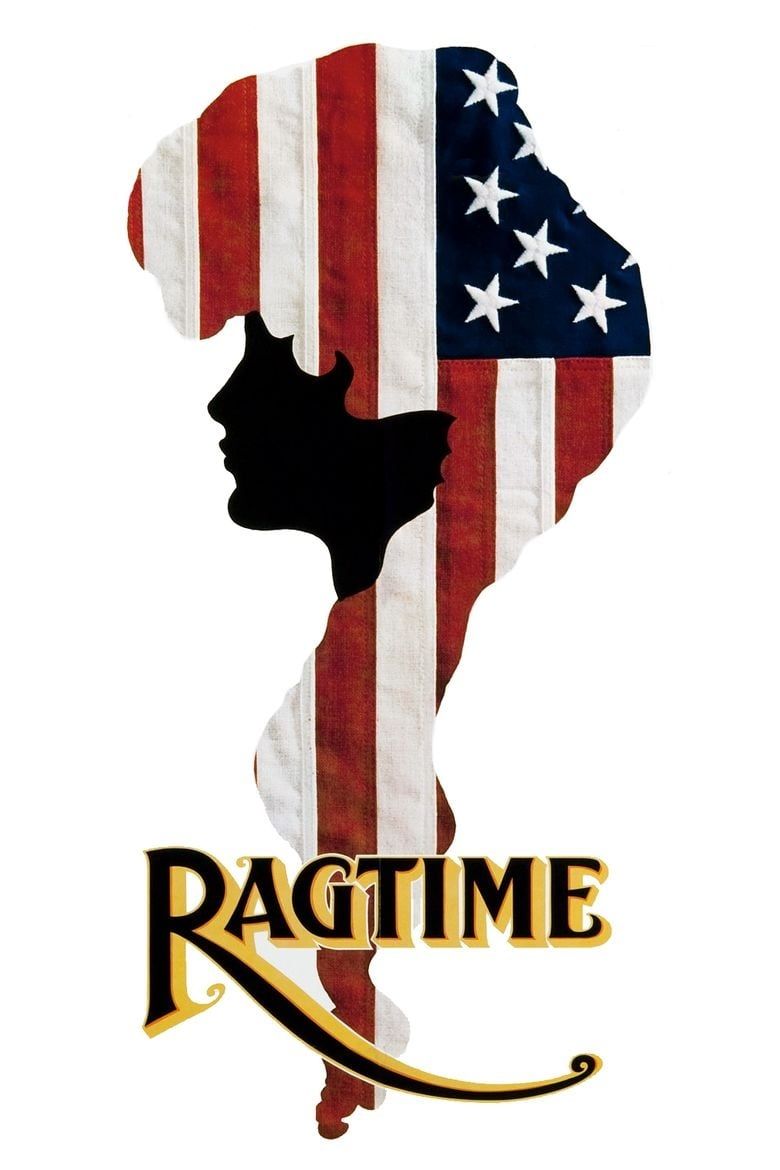
Ragtime
- Release Date
-
November 20, 1981
- Runtime
-
155 minutes
2
‘The Wings of the Dove’ (1997)
Directed by Iain Softley
The Wings of the Dove is a romantic drama set in early 20th-century London and Venice. The story follows Kate Croy (Helena Bonham Carter), a sharp and ambitious young woman trapped by class and circumstance, who devises a morally dubious plan to secure wealth for herself so that her future will be set. She encourages her lover, Merton Densher (Linus William Roache), to charm a terminally ill American heiress, Milly Theale (Alison Elliott), in hopes that Milly will leave him her fortune.
For those who appreciate the fact that The Gilded Age presents characters wrestling with whether to marry for love or status, The Wings of the Dove also deals with these issues. Anyone who loves The Gilded Age for its portrayal of the social maneuvering required to succeed in high society will have much to love in The Wings of the Dove. These stories are both honest looks at how wealth and society impact relationships on a fundamental level.
1
‘The Bostonians’ (1984)
Directed by James Ivory
The Bostonians is a period drama set in post–Civil War Boston that explores the cultural clash between progressive reformers and traditionalists during the rise of the women’s suffrage movement. The story follows Olive Chancellor (Vanessa Redgrave), a passionate feminist, and her charismatic protégée, Verena Tarrant (Madeleine Potter), who’s a rising star in the movement. Tensions escalate when Olive’s cousin, Basil Ransom (Christopher Reeve), a conservative lawyer from the American South, arrives in town and falls in love with Verena.
The Bostonians is another example of a movie that’s like The Gilded Age because it explores how many new ideas took root during this time in history. The Gilded Age presents many characters, like Peggy, Bertha, and Marian, who frequently challenge social norms, and The Bostonians provides an even more focused perspective on what American women had to go through to secure their suffrage. These stories highlight the tensions that played out at this time, between feminism and patriarchy, reform and tradition.
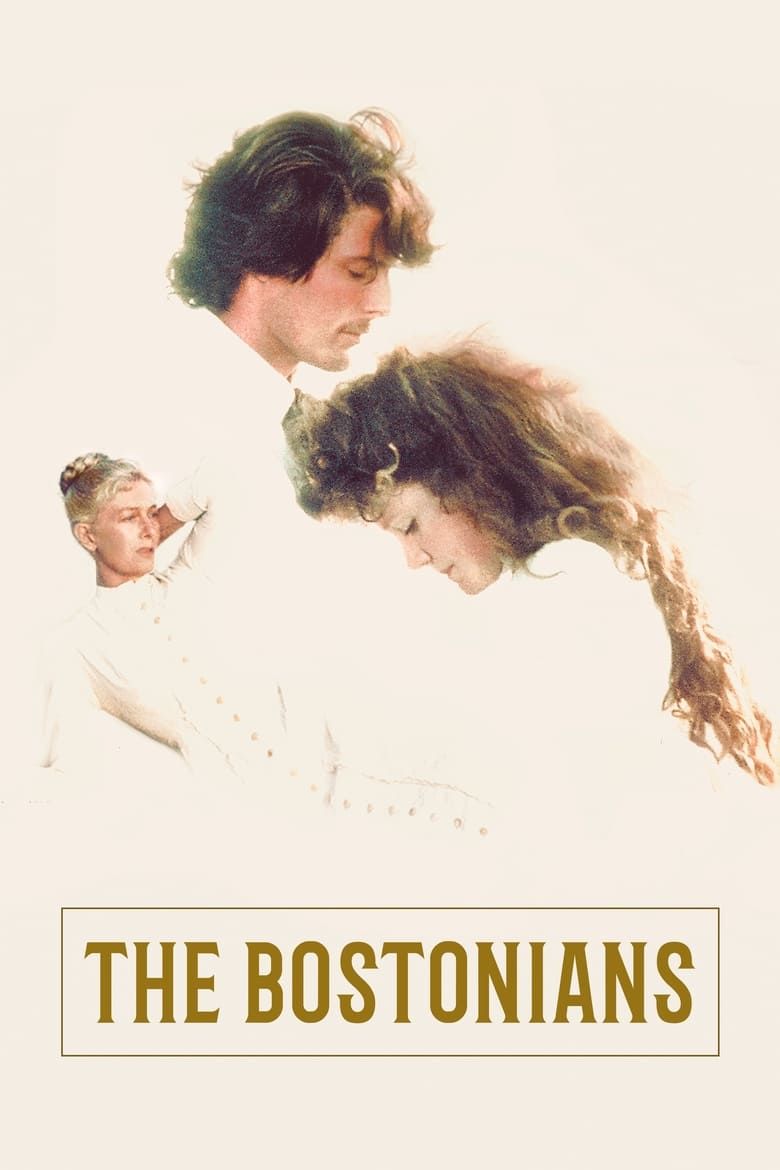
The Bostonians
- Release Date
-
May 1, 1984
- Runtime
-
122 minutes
-

Christopher Reeve
Basil Ransome
-
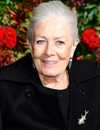
-

Jessica Tandy
Miss Birdseye
-

Madeleine Potter
Verena Tarrant
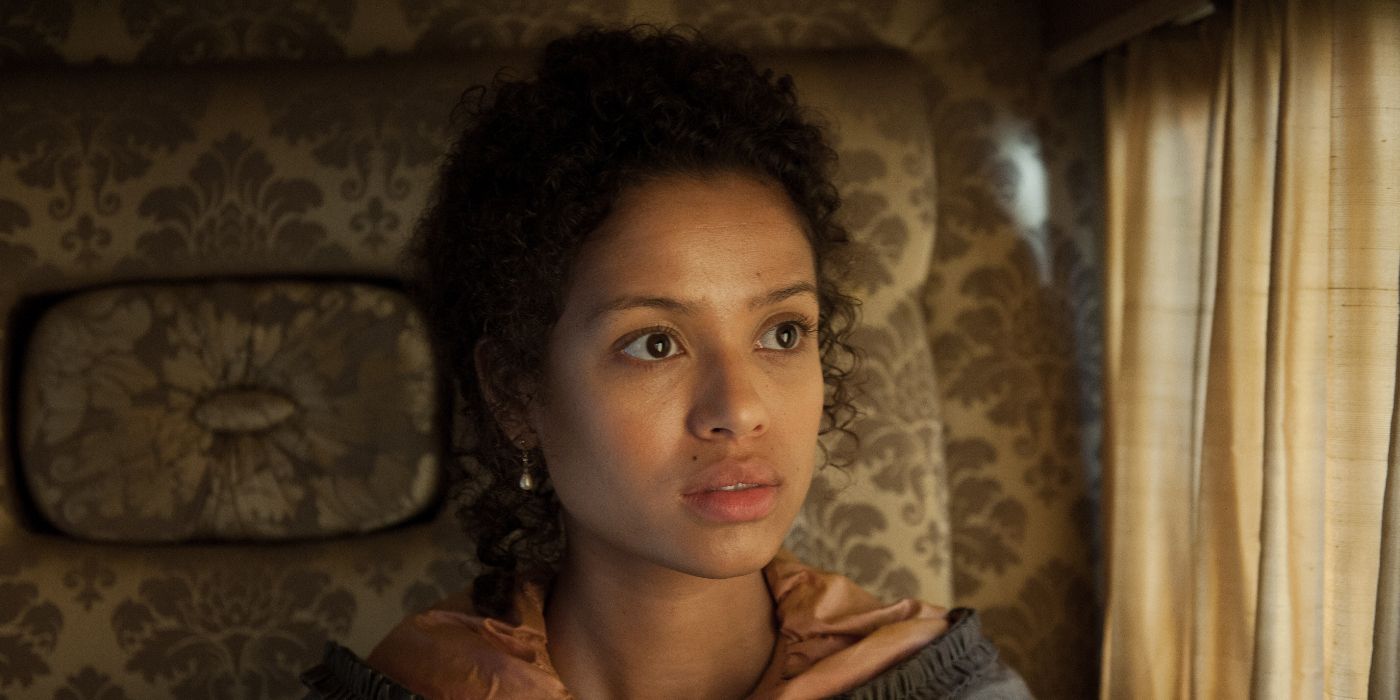
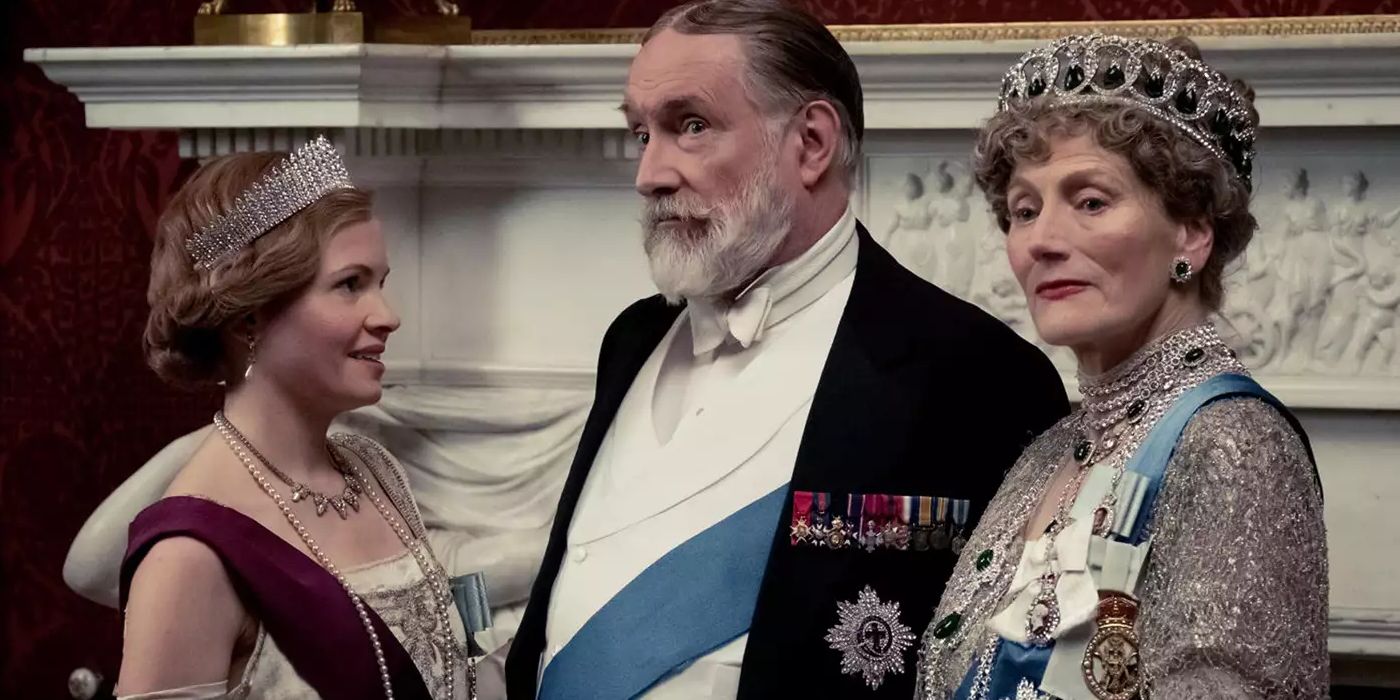
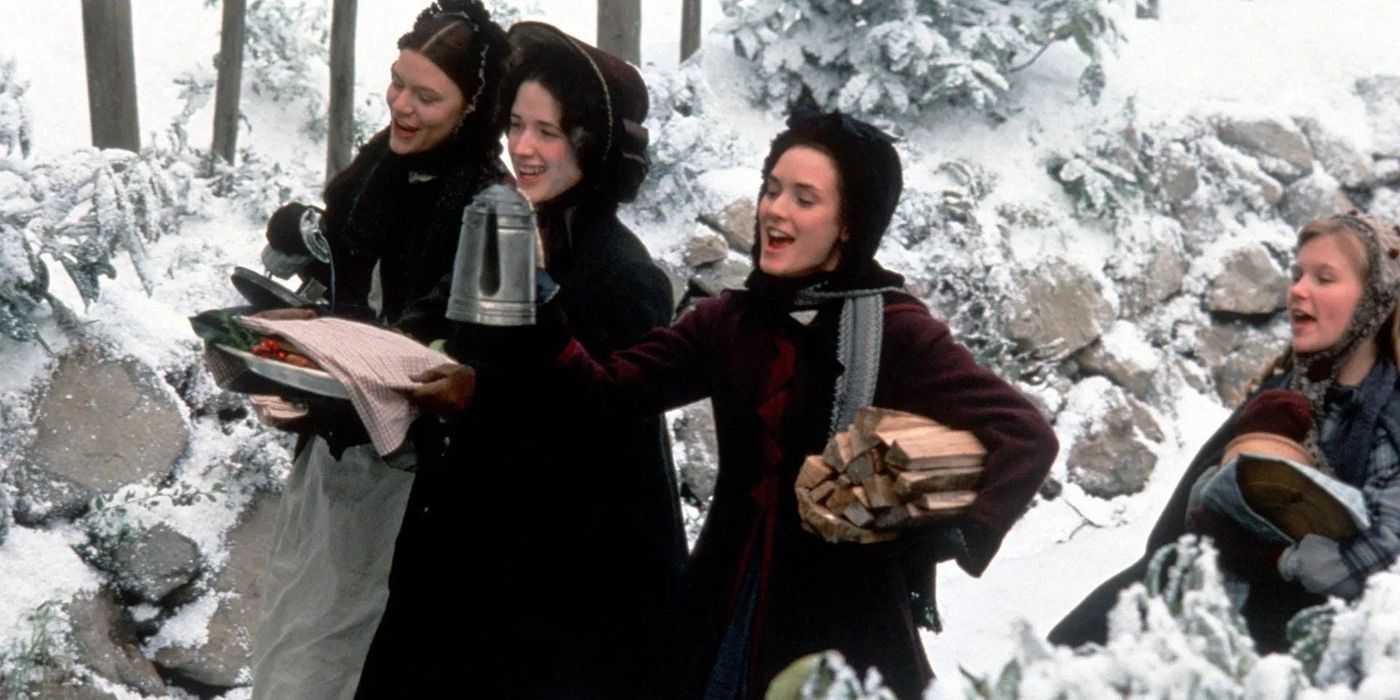
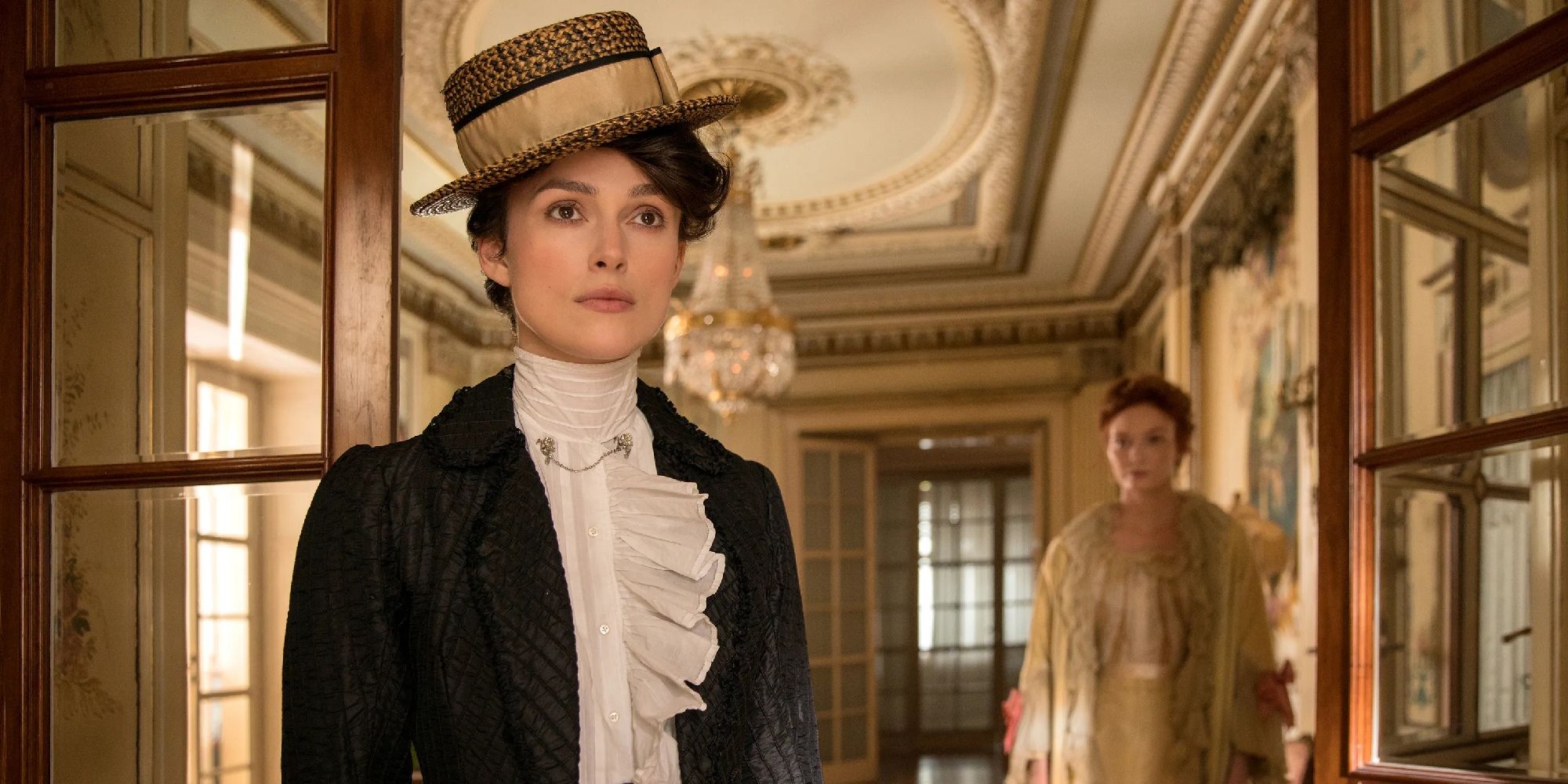
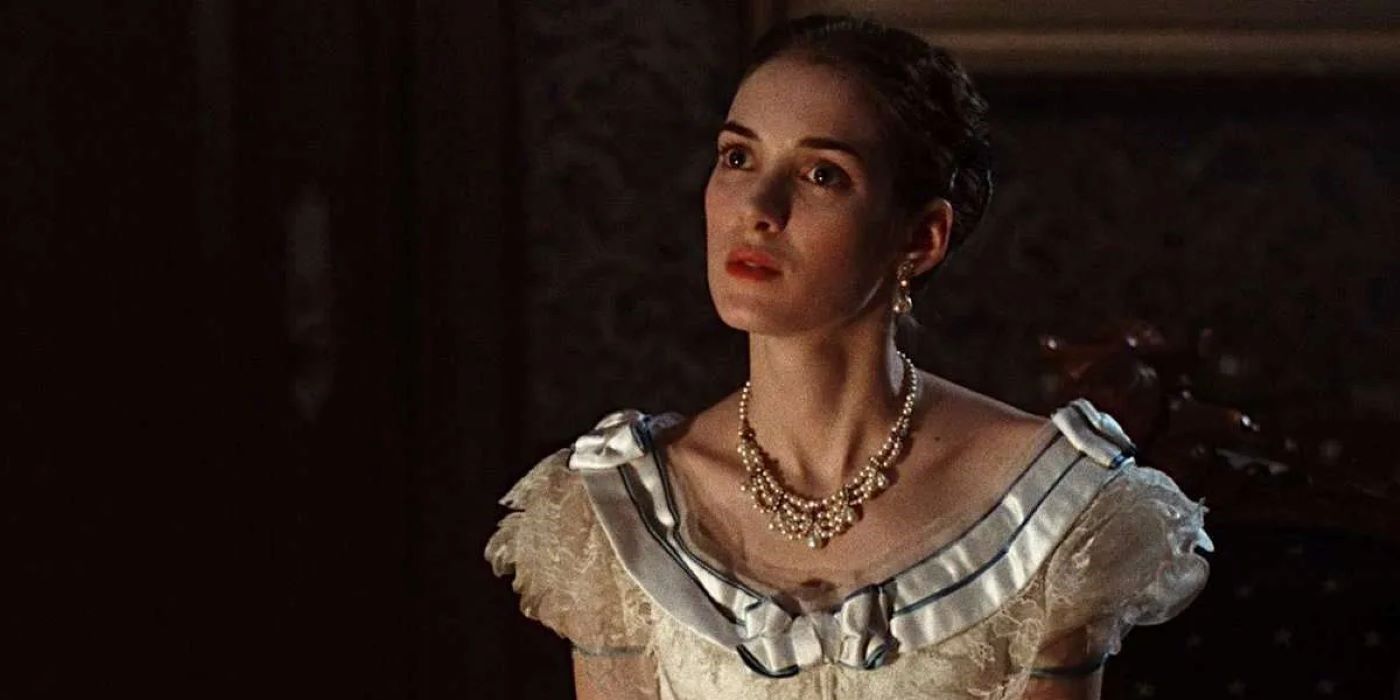
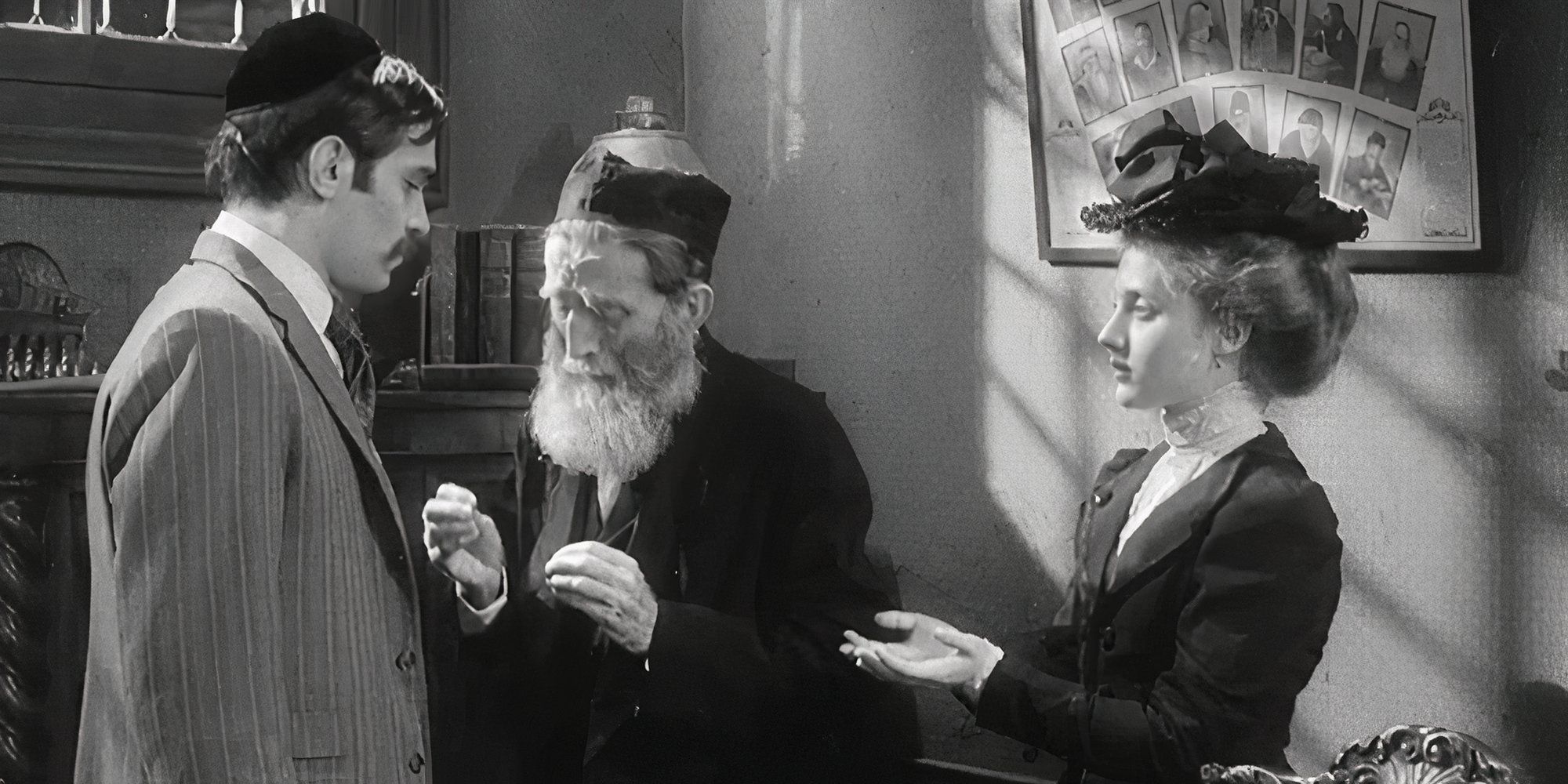
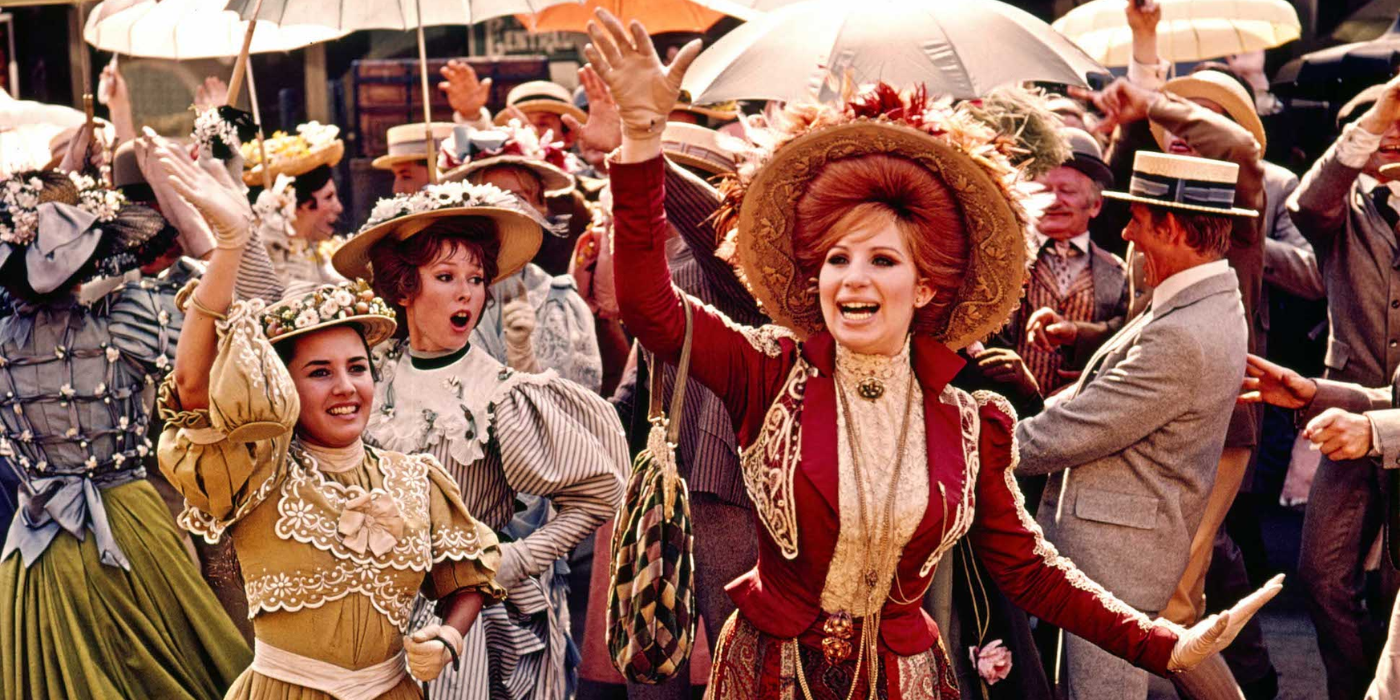
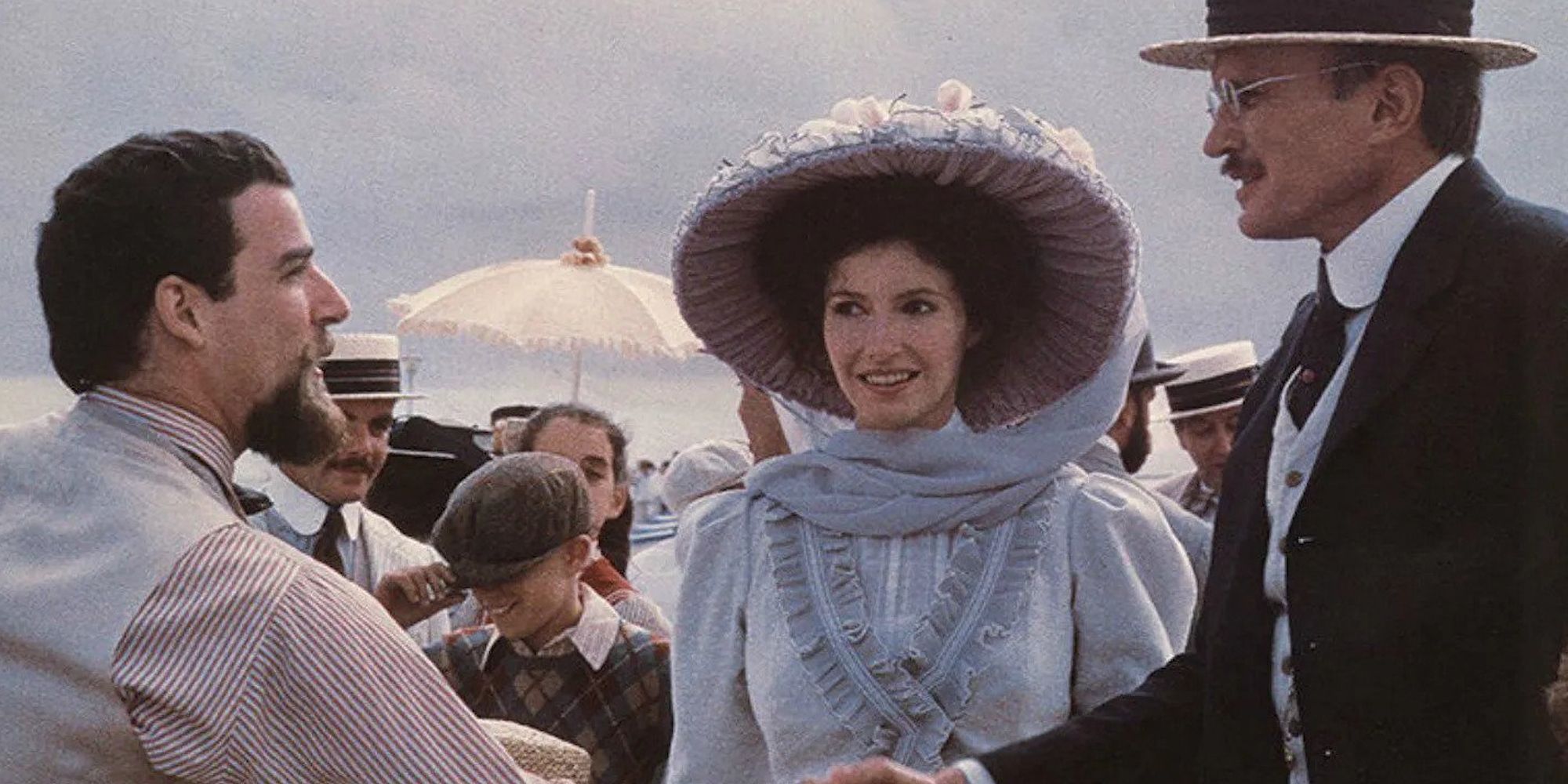
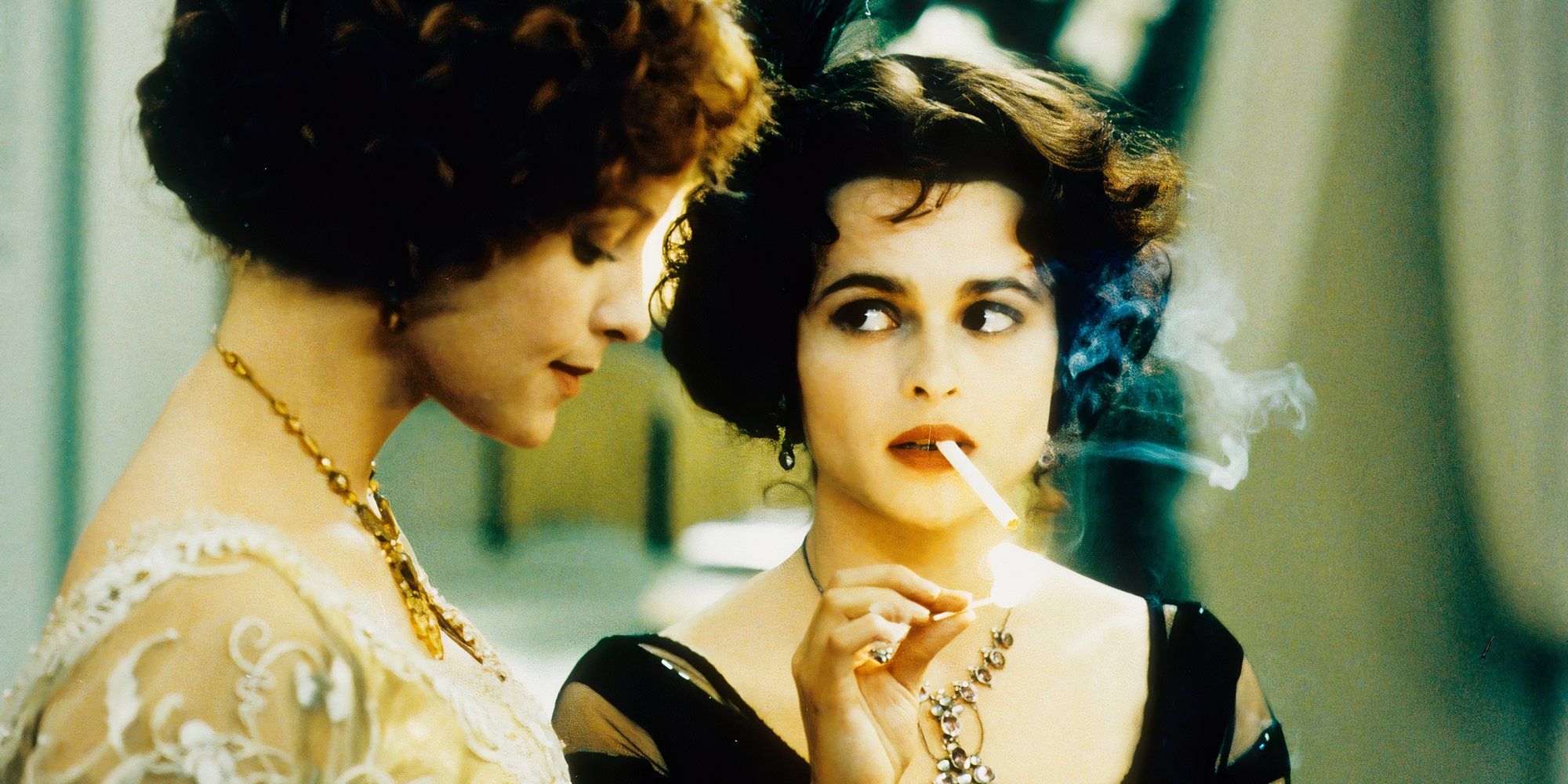
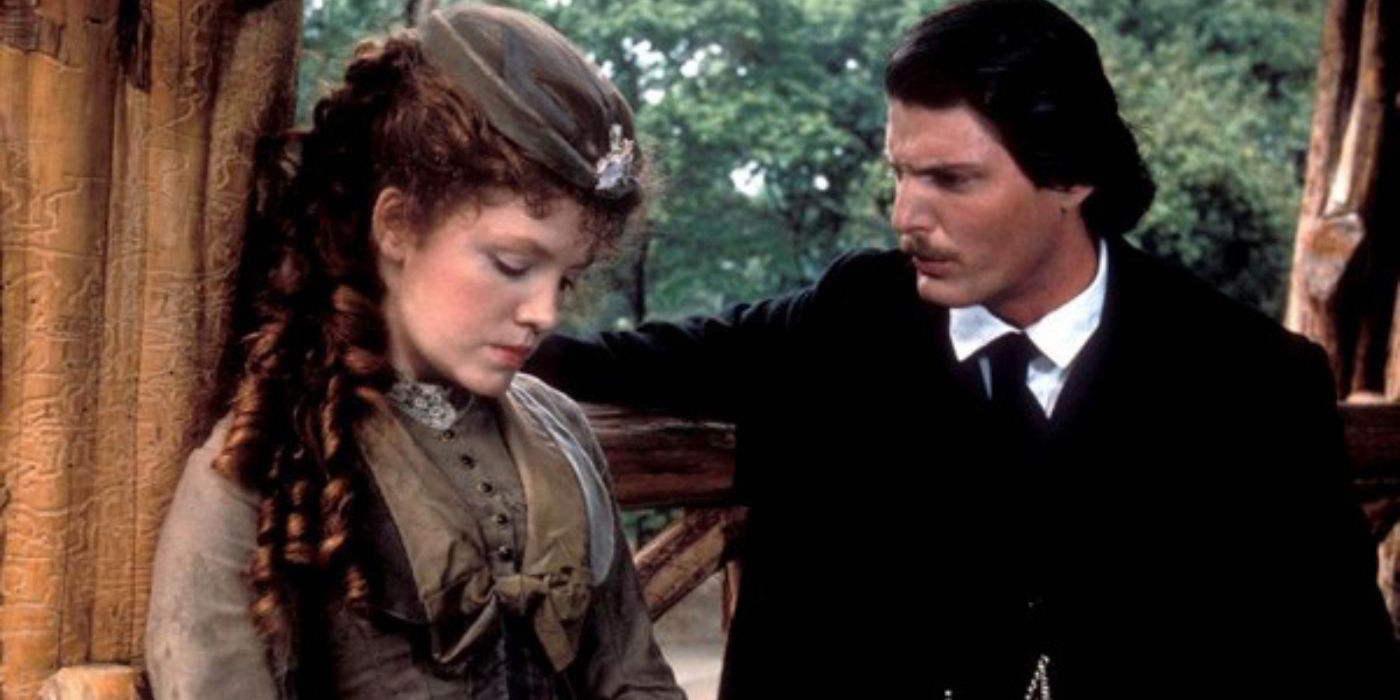

![The director of primitive war wants to adapt one of the best stories of Star Wars [Exclusive] The director of primitive war wants to adapt one of the best stories of Star Wars [Exclusive]](https://i0.wp.com/www.slashfilm.com/img/gallery/primitive-war-director-wants-to-adapt-one-of-the-best-star-wars-stories-exclusive/l-intro-1759351692.jpg?w=390&resize=390,220&ssl=1)


